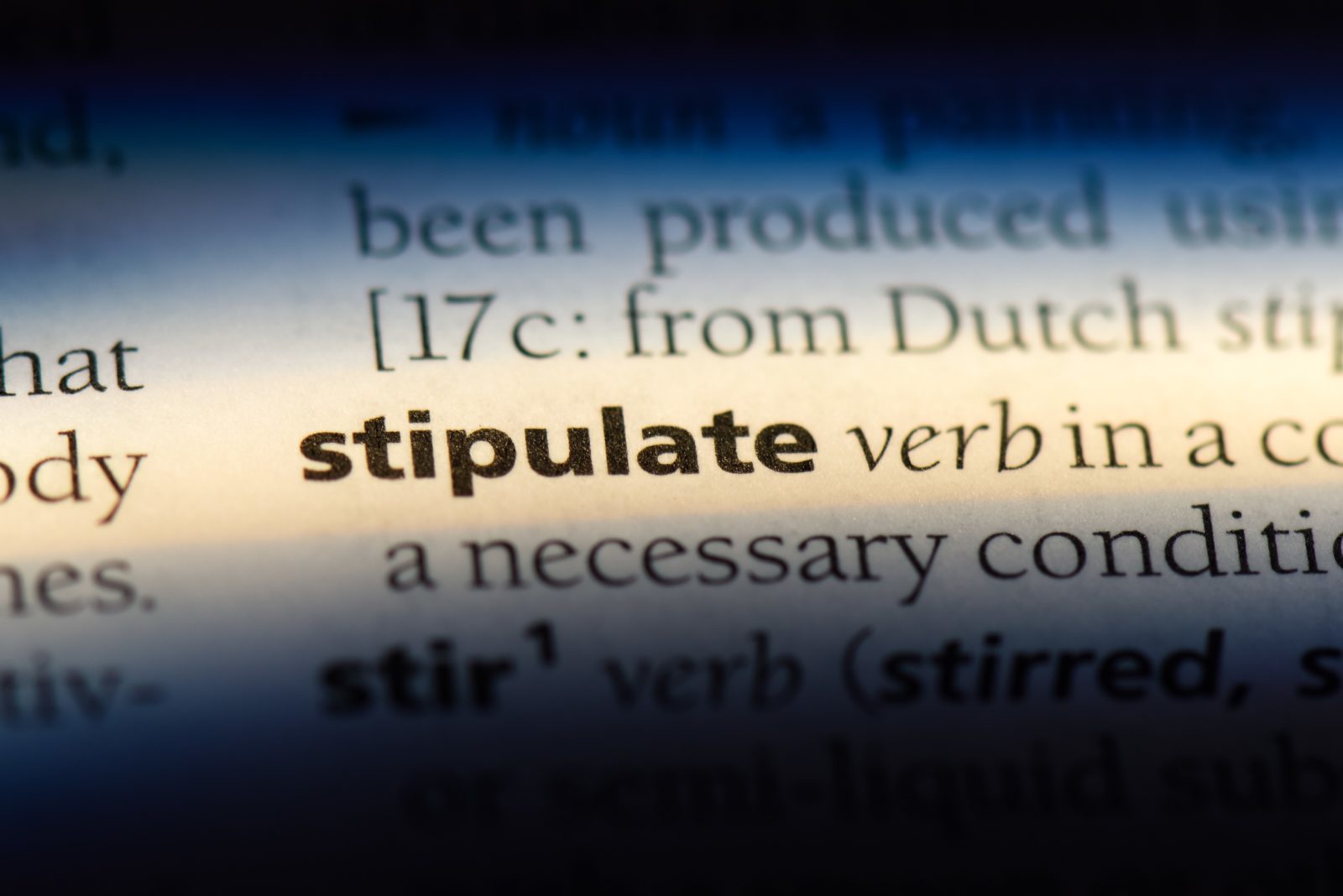Where My Conflict with Jay Richards Really Lies
Published at Evolution NewsJay Richards and I agree on a lot, so perhaps we should just agree to disagree on the remainder. But I’d like to offer a brief response to his last response to my response to his review (that’s close, anyway). In Where the Conflict Really Lies: Science, Religion, and Naturalism, I used the term “Darwinism” to denote the view or contention that the most important force driving the process of descent with modification is natural selection working on random genetic mutation. And I looked for definitions of “random,” as used in biology, finding that in every official or semi-official definition of “random” I could find, the basic idea is that mutations are random with respect to adaptivity: most mutations are not adaptive, and mutations don’t arise in response to the organism’s adaptive needs in its environment. I said I thought Darwinism, taken this way, is compatible with theism. I believe Jay agrees with that thought. So where do we disagree?
Here’s what Jay proposes as the core of our disagreement:
Several times, Professor Plantinga notes that I’m not using “Darwinism” as he uses the term. That’s correct, and I think that’s the core of our disagreement. In my view, since there is no official definition that practitioners consistently follow, determining the content of Darwinian theory, and of words such as “Darwinism,” is very much a sociological and historical enterprise. Our use of these words should accommodate what Darwin said, how his work is understood, and how it is described and taught in textbooks and elsewhere. When we do that, I think it becomes clear that an essential property of Darwinism is either to deny real teleology in biology or at least to make it superfluous. To be precise, Darwinists typically see the combination of natural selection and random variations, rather than the random variations alone, as a design substitute.
So am I right in thinking that our only disagreement is that Jay disapproves of my using the word “Darwinism” the way I did? Of course I agree that if we use the word to mean something like “the views of Darwin and those who agree with him” or “the view of most people who call themselves “Darwinists,'” then the sentence “Darwinism is inconsistent with teleology and design” expresses a truth. I also agree that those meanings would probably be closer to the ordinary meaning of the word than the meaning I was stipulating for it. But I was just stipulating a meaning for that discussion: it would be as if I said:
For the time being, I will use the word “Darwinism” as an abbreviation for “the view that the most important force driving the process of descent with modification is natural selection working on random genetic mutation.” So wherever I say “Darwinism” you can replace it with “the view that the most important force driving the process of descent with modification is natural selection working on random genetic mutation.”
I can’t see much of a problem with that.
Maybe Jay thinks my procedure here would be like this: I propose to use the word “Republican” to mean “unmitigated scoundrel” and then assert the sentence: “All Republican are unmitigated scoundrels.” My sentence will then express a truth (the truth that all unmitigated scoundrels are (naturally enough) unmitigated scoundrels); but this procedure could be seriously misleading. People might think that I was claiming that all Republicans (the term taken in its ordinary sense) are scoundrels. I might be unwelcome at Republican rallies, even if I am in fact a Republican.
Maybe he’s right: maybe it was infelicitous of me to stipulate the meaning for “Darwinism” I did stipulate. But I think Jay makes a mistake in this neighborhood. He quotes something Ernst Mayr says: “Darwinism rejects all supernatural phenomena and causations. The theory of evolution by natural selection explains the adaptedness and diversity of the world solely materialistically.” Jay then adds “If Plantinga is right in his use of ‘Darwinism,’ then Mayr must be mistaken here.” But that can’t be right. Here I think Jay is confusing verbal issues with substantive issues. Mayr is using the term more like Jay does (and, as I say, that’s probably close to the usual meaning of the term), and, of course, he has a perfect right to do so. But I was simply stipulating a use of the term for purposes of argument; and my being within my rights in doing that certainly doesn’t show either that Mayr is mistaken in the assertion he makes, given his sense of the term, or that he is not within his rights in using the term the way he does.
It is comforting, however, to see that our disagreement is merely verbal.
